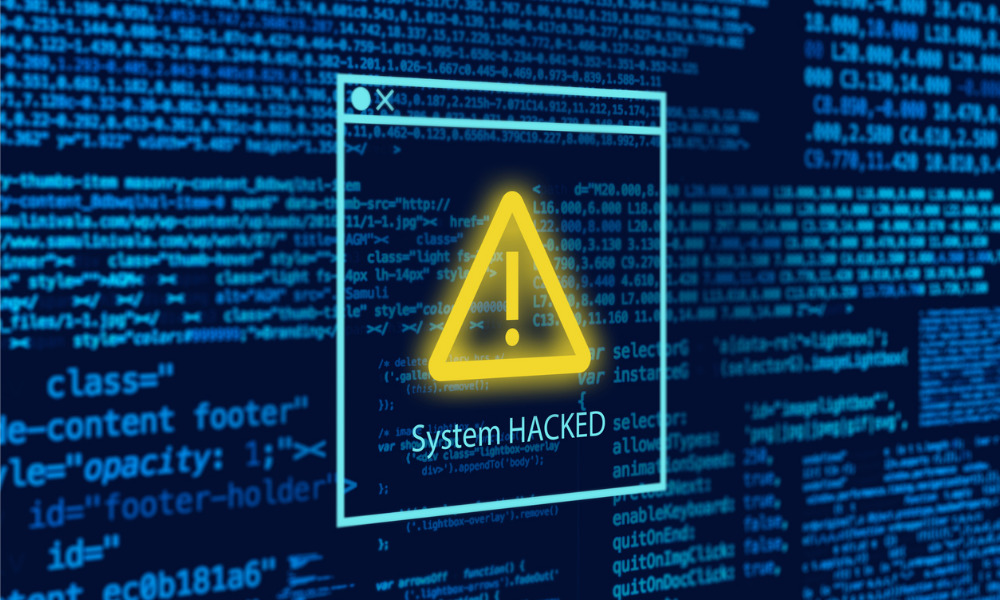Female small business owners less confident in their cybersecurity tools than male counterparts

Cybercrime in Canada has increased exponentially since the start of the pandemic and small businesses are particularly vulnerable. The value of any business is increasingly tied to data, and a cyber breach can cost small businesses money and a loss of trust.
However, only 16 per cent of Canadian small business owners feel certain they know the best steps to take following a cyber attack and only 18 per cent are totally confident that their business would recover fully from an attack in the next six months, according to a recent survey.
Ahead of Cybersecurity Awareness Month 2023 (October), Mastercard surveyed small business owners across Canada who said they struggle to invest in cybersecurity tools that would best protect them due to limited resources and lack the know-how to effectively recover once a cyber attack occurs.
Maintaining and rebuilding consumer trust is critical to small business recovery following a breach. According to Mastercard's recent study, data protection measures (57%), accountability (53%) and transparency about past cyber incidents (52%) rate among the highest factors that influence Canadian consumers' perceptions of small business security and trustworthiness. A robust and transparent cybersecurity plan is essential for small businesses to uphold their reputation and maintain long-term resilience, even as cyber threats increase and evolve.
The study found that female small business owners in Canada are less likely than their male counterparts to feel confident in the cybersecurity tools they've implemented (27% vs. 37%) and to feel confident that their businesses would fully recover following a cyberattack (46% vs. 53%).
The research also reveals that certain underrepresented groups are particularly inclined to explore new cybersecurity solutions. For example, Indigenous small business owners are significantly more willing than average (46% vs. 30%) to adopt innovative security measures such as biometrics, multi-factor authentication, or token identification— even if they come at an additional cost.
To help Canadian small businesses start securing their business, Mastercard and the Canadian Federation of Independent Business have partnered to deliver the Cybersecurity Academy, with short lessons and free tools tailored to the needs of small businesses. Mastercard also offers a range of free tools and insights via its Small Business Cybersecurity Hub to help owners and entrepreneurs understand cyber risk, effectively defend against cyber threats and create effective, actionable plans for swift recovery.
"At Mastercard, we go beyond protecting the transaction, by integrating new thinking and approaches into the foundation of our innovative cybersecurity products and solutions to safeguard an evolving ecosystem," said Aviva Klein, vice president, digital payments and cyber & intelligence at Mastercard in Canada.










